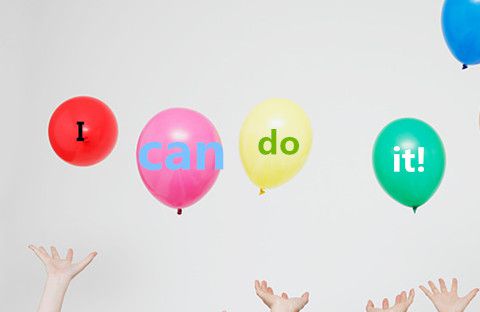面试中的具体化问题,要怎么应对?
|
Can you do the job? That's at the forefront of the hiring manager's mind when conducting job interviews. Job specific interview questions are designed to measure a candidate's ability to perform the duties of the job against the skill set required for the position. In a nutshell, the hiring manager wants to know if you have the skills do the job. This type of interview question is especially important for jobs where you need technical knowledge or where the company needs an experienced candidate who can do the job from the first day on the job. What Are Job Specific Interview Questions?
Job specific interview questions assess a candidate's knowledge and skills. These questions are designed to determine if you have the knowledge and skills that you need to perform the job you are being considered for. When you respond your goal is to show that you are the best fit for the job out of all the applicants the employer is interviewing. In addition to your skills, the employer will want to know whether you have the right mindset for the job and are able to help achieve the company's goals. Here are tips on how to answer the questions so you can show the interviewer that you have all the qualifications the company is seeking. 1. Check the Job Requirements. Before you go to an interview, check the job requirements listed in the job posting you responded to. Make a list of the skills you have that match those requirements. Review the list prior to the interview, and if you need a "cheat sheet" jot down the list on the notepad that you bring to the interview with you. 2. Show What You Know. Show the interviewer that you know how to do the job by giving specific examples of the knowledge you have when responding to interview questions. When you respond with actual on-the-job experiences and situations you have encountered at work, you're showing the interviewer what you know instead of just saying you can do the job. 3. Showcase Your Skills. As I mentioned, the company has a specific skill set in mind. That's why you were selected for an interview. The skills you listed on your resume and mentioned in your cover letter got you the interview. Be sure that you know exactly what's on your resume or CV and what you entered if you filled out a job application. Highlight the most relevant skills during your interview. 4. Capitalize on Credentials. Do you have a degree or have you taken coursework in the field? Do you have certifications or special training for the job? Be sure to mention your credentials during the interview. Knowledge really is power when it comes to job interviews and the more you can relay what you know, the better chance you will have of being invited for a second interview and ultimately getting a job offer. 5. Be Honest. Regardless of how much you want the job, be honest and don't say you know how to do something if you don't. If you don't have all the required skills or educational requirements the company may be willing to train you. If not, the job isn't going to be a good fit and it's going to be a challenge to succeed in the role at the company. It's better to pass on a job than it is to fail and end up losing it because you weren't qualified. Take the time to thoroughly prepare for your job interviews. Review both the general interview questions asked of all candidates for employment and job specific interview questions. Consider how best to respond, and be sure to have examples ready to share with the hiring manager. |









